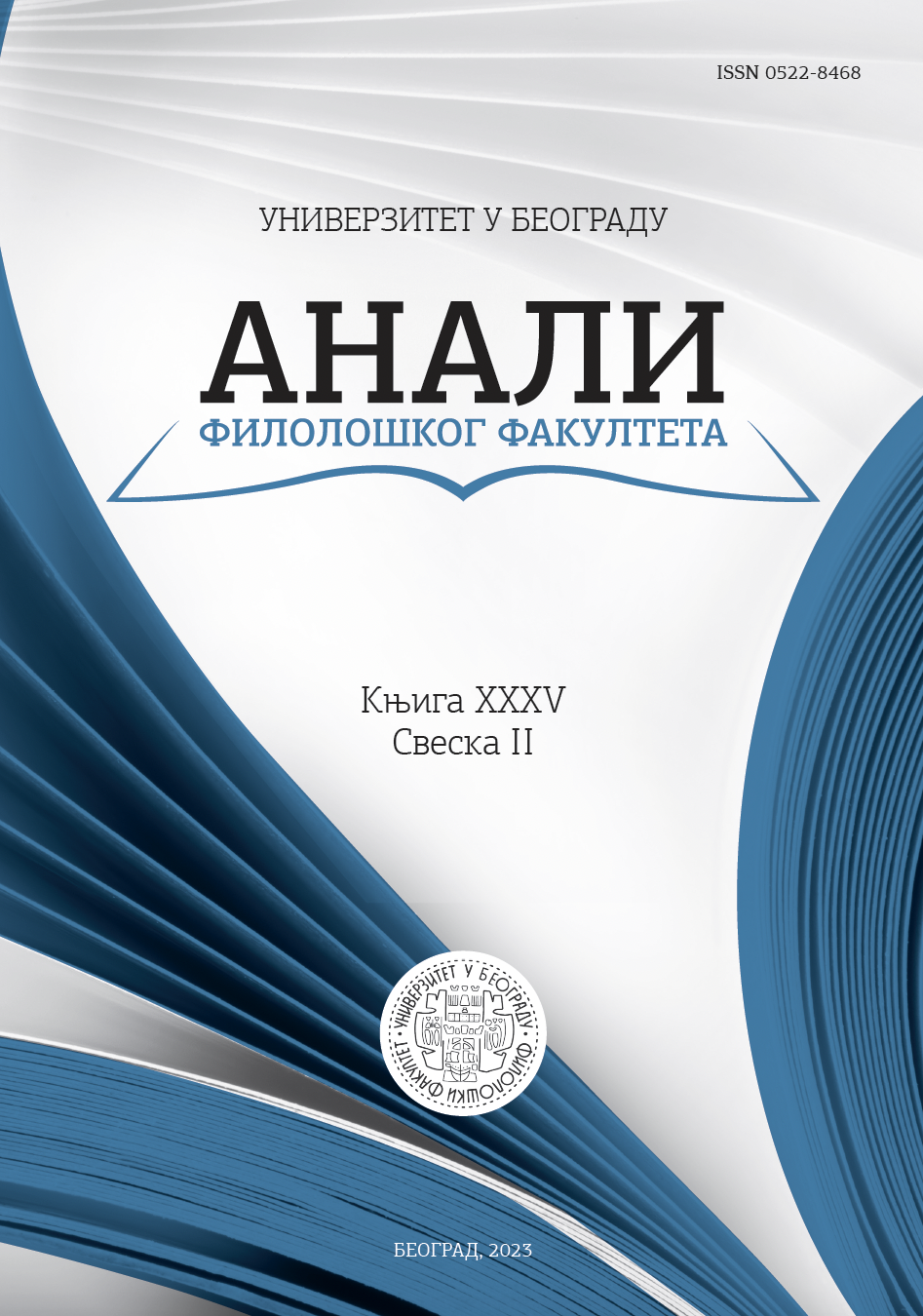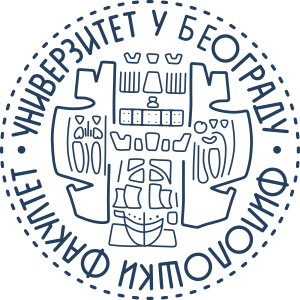Uloga estetskog doživljaja u koncipiranju prirodno-naučnih teorija
DOI:
https://doi.org/10.18485/analiff.2023.35.2.3Кључне речи:
estetski doživljaj, simetrija, lepota, antička filozofija prirode, moderna fizikaАпстракт
U radovima domaćih i stranih autora može se pronaći hipoteza o homo aestheticusu, prema kojoj je čovek suštinski estetsko biće. Zaista, estetski doživljaj zastupljen je u gotovo svim sferama ljudske aktivnosti, pa i u oblasti prirodnih nauka. Poznato je da sistematična, racionalna istraživanja prirode započinju sa pitagorejskim otkrićima iz oblasti geometrije, muzike i akustike. Pitagorejci su među prvima utvrdili da se lepi, harmonični muzički intervali mogu predstaviti putem kvantitativnih relacija, što ih je podstaklo da na taj način objasne strukturu fizičkog sveta. Zahvaljujući Platonovoj recepciji pitagorejske filozofije prirode, estetski pojmovi simetrije, asimetrije, lepote i harmonije, postali su osnovna paradigma prirodno-naučnog istraživanja, dugo zadržavajući dominantnu ulogu. Prema Platonovom shvatanju, kosmos je delo „umetnika“ koji stvara ugledajući se na idealno lepe matematičke oblike. Iako je uticaj ove antičke, estetske kosmološke paradigme znatno oslabio u poslednjih nekoliko vekova, u nekim oblastima savremene fizike, pa i biologije, pojmovi simetrije i „spontanog narušavanja simetrije“ i dalje igraju izuzetno značajnu ulogu. Neki od velikih fizičara, kao na primer Vilček (Frank Wilczek) u svojoj knjizi A Beautiful Question: Finding Nature’s Deep Design, potenciraju ulogu estetskog doživljaja u prirodno-naučnom saznanju.
Downloads
Downloads
Објављено
Број часописа
Рубрика
Лиценца

Овај рад је под Creative Commons Aуторство-Дели под истим условима 4.0 Интернационална лиценца.
Authors who publish with this journal agree to the following terms:
- Authors are confirming that they are the authors of the submitting article, which will be published (print and online) in the journal Anali filološkog fakulteta by the Faculty of Philology, University of Belgrade (Faculty of Philology, Studentski trg 3, 11000 Belgrade, Serbia). Author’s name will be evident in the printed article in the journal. All decisions regarding layout and distribution of the work are in hands of the publisher.
- Authors guarantee that the work is their own original creation and does not infringe any statutory or common-law copyright or any proprietary right of any third party. In case of claims by third parties, authors commit their self to defend the interests of the publisher, and shall cover any potential costs.
- Authors retain copyright and grant the journal right of first publication with the work simultaneously licensed under a Creative Commons Attribution-ShareAlike 4.0 International License that allows others to share the work with an acknowledgement of the work's authorship and initial publication in this journal.
- Authors are able to enter into separate, additional contractual arrangements for the non-exclusive distribution of the journal's published version of the work (e.g., post it to an institutional repository or publish it in a book), with an acknowledgement of its initial publication in this journal.
- Authors are permitted and encouraged to post their work online (e.g., in institutional repositories or on their website) prior to and during the submission process, as it can lead to productive exchanges, as well as earlier and greater citation of published work.





